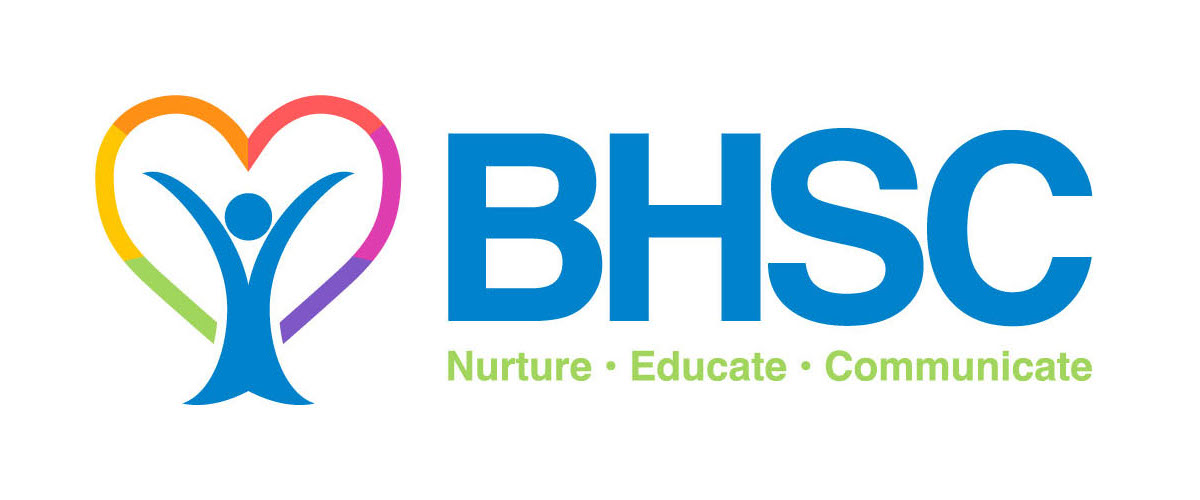MOMMY/DADDY I’M LEAVING HOME AND LEAVING YOU ALONE
It’s that time of year where I hear many friends and associates talking about sending their children off to college. I remember those days- one’s filled with excitement for your child and their new adventure, being full of hope for their futures, worrying with dread that they will be OK away from home and on their own…and, those nagging feelings like- Who needs me now that the children are all gone and what the heck will I (we) do with all the alone time?
It can be quite exhilarating for a parent to watch a child entering a new phase of life, particularly when the parent is proud of the job done preparing the child for this moment. I know other parents, however, who had a much harder time dealing with the departure of a child. When the loss has a negative impact on a parent’s daily life, it can actually become debilitating. Many parents are not prepared for their reaction to this parental development stage and are often confounded by the feelings that the act of sending your child away to college may bring.
Some parents experience a wave of emotions from loneliness to pride to fear to rejection and for some even shame. Most parents are not sure of what may be happening emotionally or even why they would be drowning in these negative emotions. It can feel isolating thinking they have no one to talk to who could possibly understand how crazy it feels inside. Not to worry- What is happening is actually a very common and dare I say somewhat “normal” response to children leaving home (especially for mothers). It is a very real thing called Empty Nest Syndrome.
This is a stage of the parenting life cycle when parents launch their adult children into the world (like sending them off to college) and are now left on their own as a single mom or dad or are now alone “together” as a couple.
When children-turned-young-adults begin to move out of the family home, parents may find themselves deciding not only what to do with the spare bedroom, but also what to do with themselves. Empty nest syndrome, sometimes known as the post-parental period, isn’t a medical condition. It can be a combination of separation anxiety, sadness, satisfaction and possibility — maybe with a dash of adventure thrown into the mix depending on the individual parent or couple.
Life can be full of unexpected changes, but transitioning from full house to empty nest is one that all parents know will eventually come. Learning how to embrace your newly empty nest is just one part of the journey of parenthood. Children leaving home can change you just as bringing home your first child once did.
Though the departure of each child brings about unique and significant changes, it isn’t until that last child is no longer living at home that you have an official empty nest. The occasion of the last child leaving home could bring a sigh of relief to the dad that no longer has to worry about junior borrowing the family car on Saturday night and returning it with an empty gas tank the next day. Mom no longer has to clean up and stock the fridge after her daughter’s friends are over. Sure, the house may be quiet, but on the positive side of things- that means more time for new hobbies, date nights, travels or a host of other new activities.
It’s healthy to miss your children after they move away from home — after all, you were probably accustomed to spending time with them almost every day for the last 18 years or so. Launching a child into the world — whether it’s your firstborn or youngest — can stir up feelings of loss and emptiness, depression and anxiety. These are all normal feelings during a time of transition, and concerning empty nests, the feelings of loss often begin when the first child leaves home.
But if those feelings linger beyond the first few weeks or months after a child moves away, it’s important to seek the help of your partner, close friends and family. You could even consider finding a support group of other empty nesters. Those who have trouble overcoming their feelings of loss or who find themselves sinking into depression should consider seeking the counsel of a therapist or other health professional- the syndrome can be that debilitating for some.
It’s also healthy to use the empty-nest transition period as a time to reconnect with your partner and to develop a peer relationship with your adult children. Some empty nesters find that once they become accustomed to their new routine — one without soccer practice, lessons and school events — they have more time and energy for themselves. This is the stage of exploration, a time to rediscover your interests, your friendships and the world around you.
This can also be a rejuvenating time for relationships. Results of a study published in the journal “Psychological Science” found that during the empty nest transitional period, married women were more satisfied — and found more enjoyment in the time they spent — with their partners [source: Gorchoff et al].
The empty nest is a place that most parents move easily away from after a period of mourning and adjustment. The feelings of loss in the aftermath of the last child moving out of the house will be transitory in most cases. While you will always miss your children if they are away from home, you will find that life without them holds a lot of new opportunities waiting for you.
My closing advice to parents facing an empty nest is to: lean back emotionally and enjoy the moments of your life- appreciating and being grateful for all that you have; celebrate the job you have done thus far as a parent; get excited about the new possibilities available ahead for you; be open to enjoying your life in some different ways with “YOU” as the center of your attention; and enjoy the heck out of your children when they return home- even if for only a few hours…
Be well, joe cozzo




